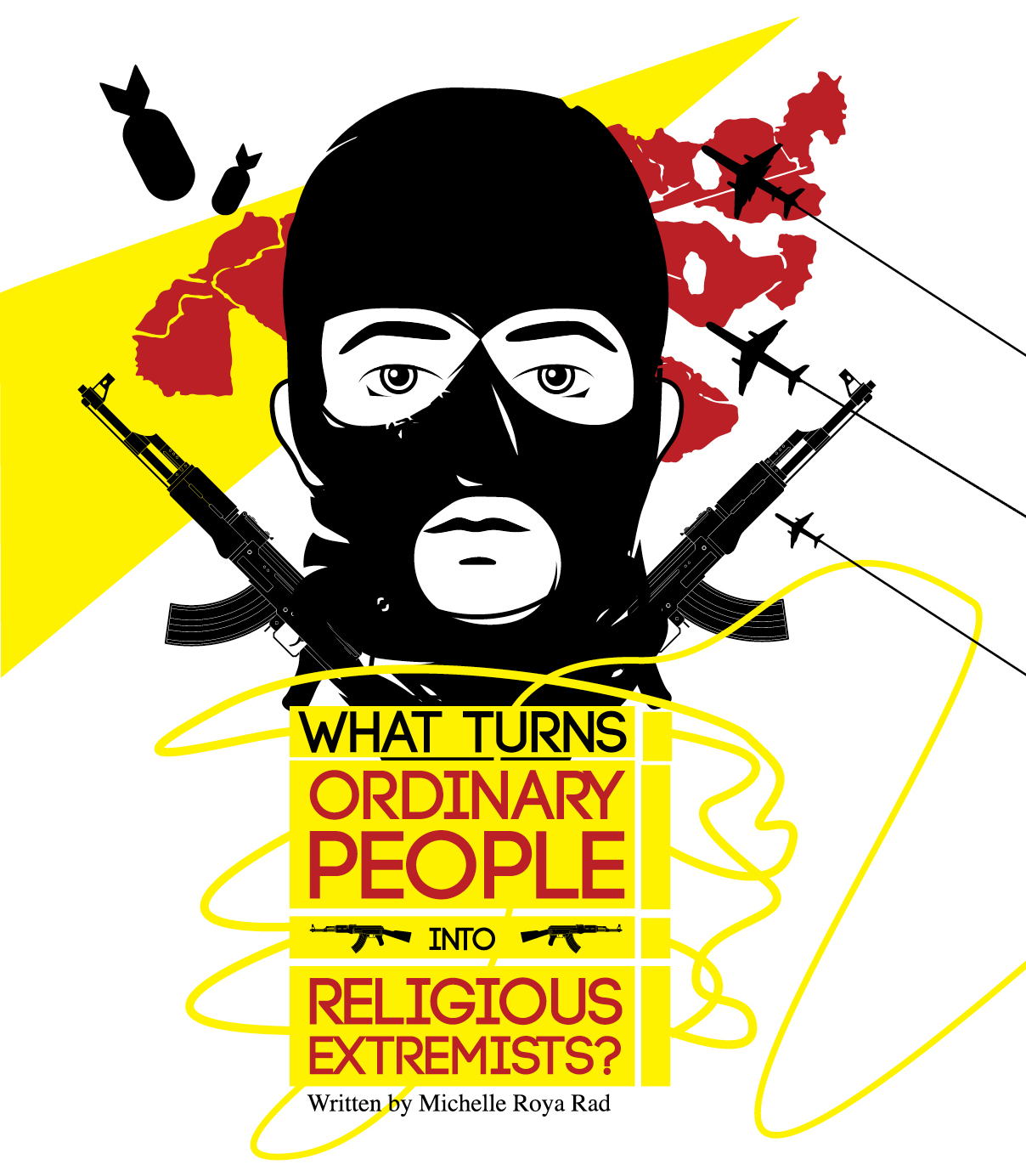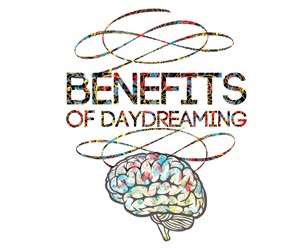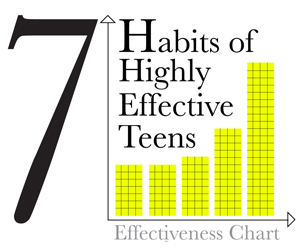 Goodness is more of a destination than a process and is not based on any specific belief. This is because anyone who has a large range of the human virtues like justice, truth, fairness and integrity, and manifests these in his actions and thoughts has a goodness. The level of goodness is based on how unconditional it is. This means that we can’t choose when to be fair and to whom. Overall, the more virtue a person uses to bring unconditional good to this world, the greater humanity they have. But an extremist does not think this way.
Goodness is more of a destination than a process and is not based on any specific belief. This is because anyone who has a large range of the human virtues like justice, truth, fairness and integrity, and manifests these in his actions and thoughts has a goodness. The level of goodness is based on how unconditional it is. This means that we can’t choose when to be fair and to whom. Overall, the more virtue a person uses to bring unconditional good to this world, the greater humanity they have. But an extremist does not think this way.
There are many reasons why an ordinary person may harm an innocent person believing it is a good deed. These reasons are multi-dimensional. To explain them in simple terms could cause other problems. But generally, a few of these reasons are the lack of a moderate, moral and fair role model, lack of access to proper education, lack of basic resources, unfair leadership, personality factors, family upbringing, an offended sense of pride, among many others.
- They believe irrationally that the truth, moral or aesthetic values are fixed, universal, and unchangeable. They do not believe in diversity and usually have a low tolerance level.
- They usually think that only they know the truth. Their truth is limited and based on outdated, contaminated and one-sided information. They usually only have superficial knowledge about their own religion.
- They only accept information that fits their thought process and dismiss anything else, despite how historically, scientifically and logically valid it may be.
- They think in black and white, where the white is a limited definition of how life “should” be for everyone. There is no flexibility, no adaptability and no objectivity. If you don’t fit into this small, specific white zone you are “the other.”
- They put other people’s views below theirs and dehumanise people whose views do not fit theirs. This gives them a sense that they have the right to kill, harm and destroy others.
- They usually idealise figures in their belief system and historical stories and want to fit the present and the future into that idea.
- They have total certainty that they are right, know all the answers, and have found the only “truth”. A rational person knows that at any one time, there are many things he or she does not know.
- They are unwilling to compromise. They see only one way that matches their definition of truth. They are not willing to find common ground with others.
- They are not focused on the importance of this life and what makes them feel fulfilled in it. They are focused on the life after death, on what they will find in the afterlife.
- They have formed many psychological defences so none of their internal feelings would be challenged.
Adapted from Michelle Roya Rad
Taken from http://www.huffingtonpost.com/roya-r-rad-ma-psyd/what-turns-ordinary-people-into-religious-extremists_b_3375890.html


















